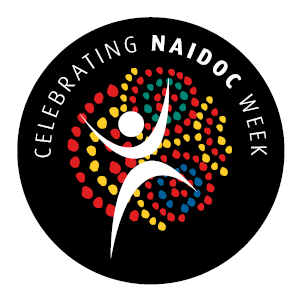The National NAIDOC Committee (the Committee) is an independent, voluntary Committee comprising of ten Members of which two are elected Co-Chairs.
The Committee is entrusted with making key decisions about National NAIDOC Week events on behalf of all First Nations people. The Committee is responsible for setting the dates and theme annually for National NAIDOC Week, selecting the winner of the National NAIDOC Poster Competition, selecting the winners of the National NAIDOC Awards and selecting the focus city for future National NAIDOC Awards Ceremonies.
Committee Members are appointed for a term of three years following a public expression of interest process.
Steven Satour was elected Co-Chair by his fellow Committee Members in August 2022, along with Aunty (Prof) Lyn Riley.
Find out more about Committee Members by clicking on their photos below.
To get in touch with Members of the National NAIDOC Committee please fill out and submit the contact form.
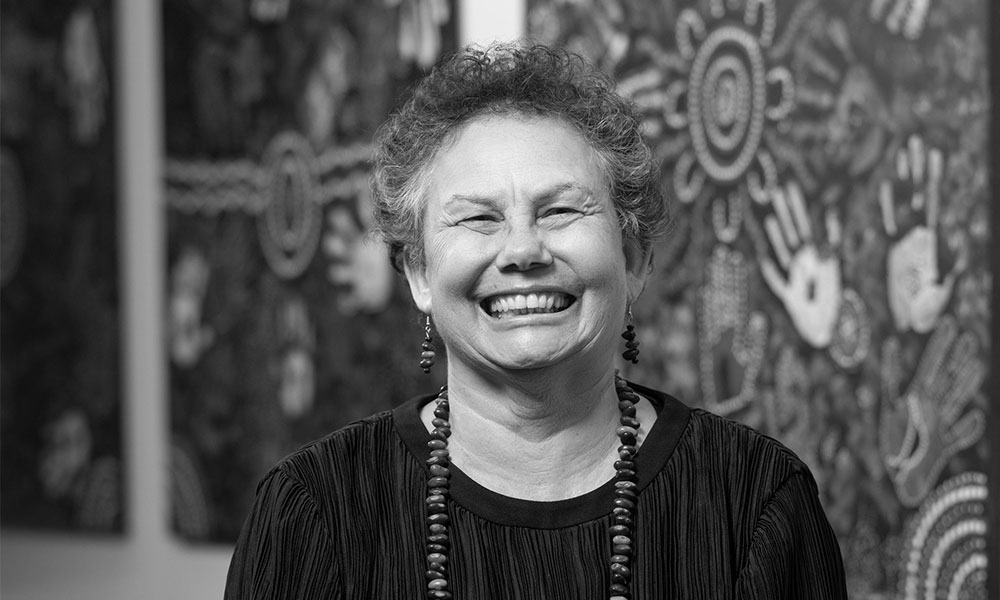
Aunty (Prof) Lynette Riley
Aunty (Prof) Lynette Riley is Co-Chair of the National NAIDOC Committee.
Aunty (Prof) Lynette Riley is a Wiradjuri and Gamilaroi woman from Dubbo and Moree she is an Associate Professor and Chair of Aboriginal Education and Indigenous Studies, in the Sydney School of Education and Social Work at the University of Sydney. Aunty Lyn trained as a primary teacher through Armidale CAE from 1975-1977. She has been a classroom teacher in primary and high school; a consultant for schools; an Aboriginal Development Manager for TAFE; Manager of the Dubbo TAFE Campuses; State Manager for NSW DET, Aboriginal Education; and a senior lecturer at UNE and Sydney University. Aunty Lyn seeks to find solutions creating sustainable change for Aboriginal programs, entwining understandings through knowledge of cultural education and competence.
What does NAIDOC mean to you?
It means for me to maintain what our Elders started over 50 years; and is an opportunity to educate the wider community about Aboriginal and Torres Strait Islander peoples, and to celebrate our heritage and culture in public forums.
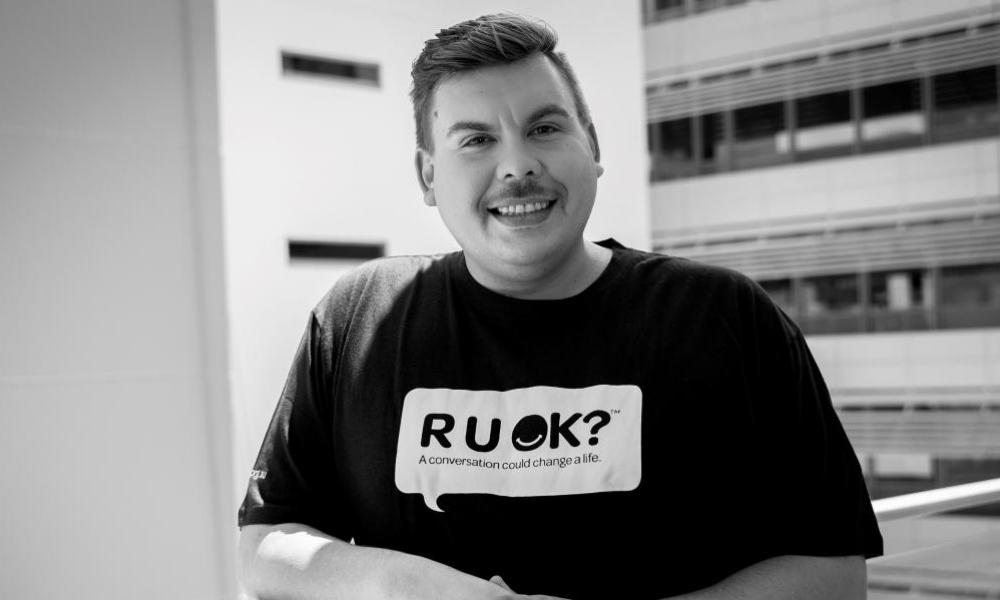
Steven Satour
Steven Satour is a Pitjantjatjara, Yankunytjatjara and Pertame man from Central Australia. Steven holds over 15 years’ experience in marketing, event, and project management with extensive experience working within the education, not-for-profit, tourism, employment, and small business sectors. He has an accomplished track record in working with First Nations peoples and communities to achieve results that positively impact social and economic welfare. Steven believes that by celebrating and embracing Indigenous cultures, we bring all Australians together. Steven is a business owner, is proud to be on the National NAIDOC Committee and nonexecutive director Sydney World Pride.
What does NAIDOC mean to you?
NAIDOC is an opportunity to further expand and promote our culture and the opportunities to participate and appreciate.
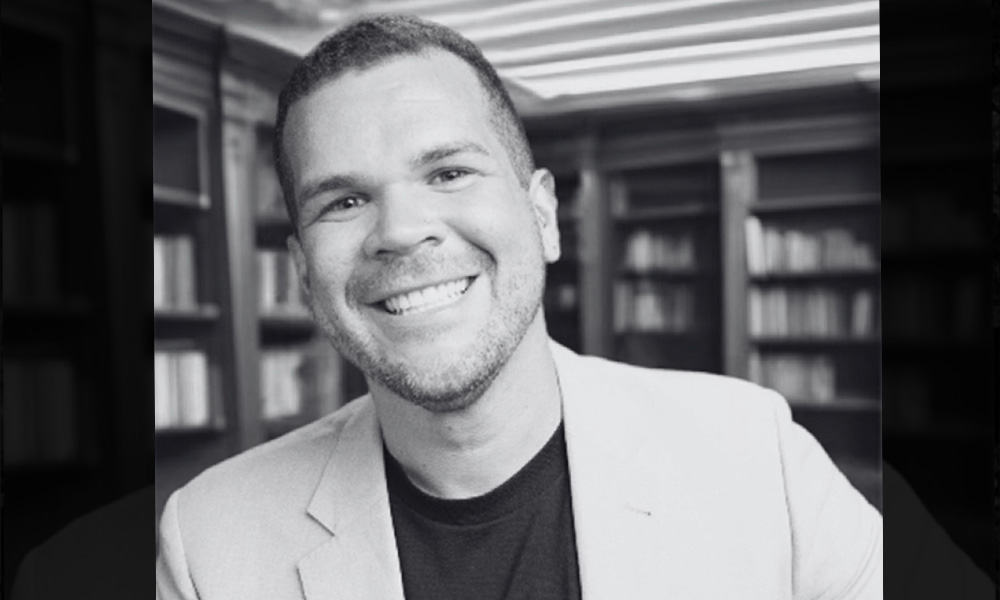
Bebe Oliver
Bebe is a Bardi Jawi award-winning author, poet and illustrator.
As a leading advocate for Aboriginal advancement and self-determination, he is deeply committed to the empowerment and visibility of Aboriginal and Torres Strait Islander creators. Bebe is the Artistic Director and CEO of Blak & Bright, and the Deputy Chair of Magabala Books, demonstrating his drive for literary excellence and cultural representation.
Bebe’s highly celebrated and widely published work explores love, loss, identity, the intersection of Aboriginal and gay existence, and the rich tapestry of place and Country, making him a compelling and transformative voice in contemporary literature.
Bebe’s newest book, if this is the end (Magabala Books, 2024) is regarded as a fearless and honest exploration of identity, and “a queer Blak classic”.
What does NAIDOC mean to you?
NAIDOC gives us space to breathe, gather, celebrate and honour everything we carry and protect. We’ve been silenced and pushed to the edges. We’ve spent generations justifying our existence and answering questions we never should’ve had to. But our presence speaks louder than any doubt, and NAIDOC shines a light on our pride and survival. We’re not going anywhere.
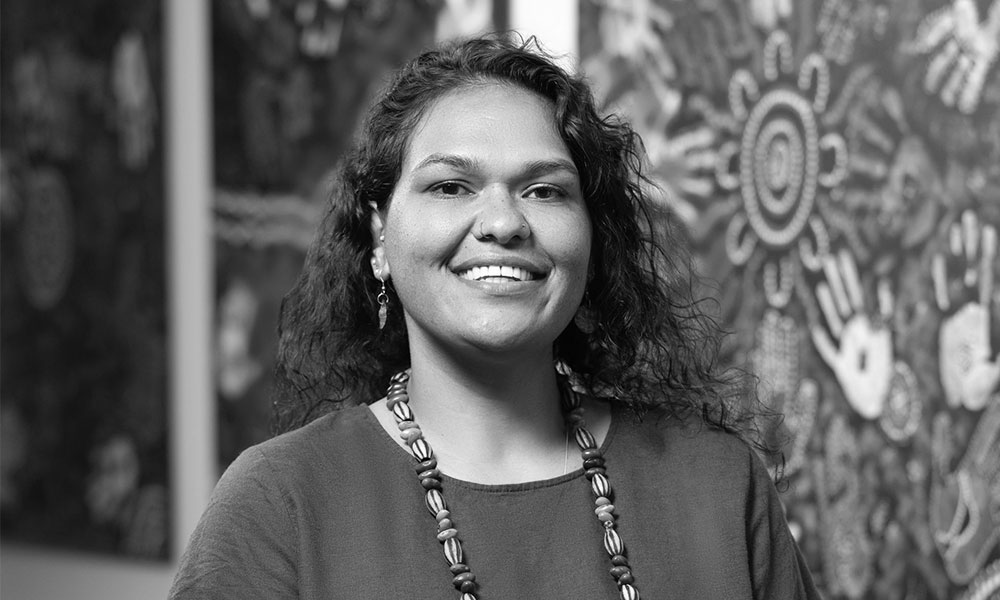
Cherisse Buzzacott
Cherisse Buzzacott, is an Arrernte woman from Mparntwe (Alice Springs) with connection to Central Australia (Kaytetye, Anmatyerr) and S.A. (Arabunna). She grew up west of Mparntwe on Iwupataka Outstation, with strong connections to her community. Cherisse is currently employed with Children’s Ground (Ampe-kenhe Ahelhe) as the Head of Health and Wellbeing.
As Chair of the Rhodanthe her role is to lead a working Board of First Nations midwives, providing scholarships to Aboriginal and Torres Strait Islander midwives and students. Cherisse has worked as a midwife across remote and urban clinical settings and sits on several national advisory committees related to women’s health, maternal health, midwifery workforce and miscarriage, and pregnancy loss.
What does NAIDOC mean to you?
NAIDOC for Cherisse is celebrating everything we are as First Nations people. This week gives us a chance to be unapologetically Black and to stand strong in our culture and practices which have endured many challenges since colonisation, so that we can move forward every day with pride and no shame about who we are, how we live and the experiences we share as a people. As well as the ability to celebrate our differences as many different language groups, connected through culture, land, song lines and Lore.
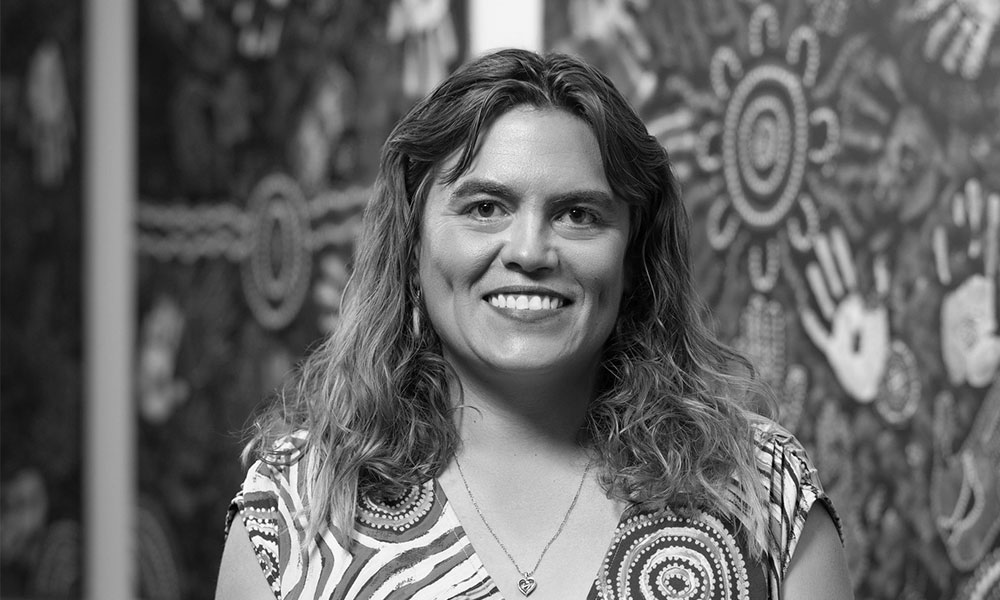
Erica Smits
Erica Smits is a Gamilaroi and Euahlayi woman. She is currently the Manager of Aboriginal Communications and Engagement, Aboriginal Cultural & Heritage Unit, Aboriginal Affairs in the NSW Premiers Department.
Erica is undertaking an MBA Social Impact at the University of New South Wales. She has an extensive personal and professional network through her career and family connections. Erica brings a wealth of knowledge in Land Rights, Aboriginal Affairs, policy development, media, marketing, Cultural Heritage, engagement and event management.
Erica is a current member of Darkinjung LALC, Yuwaalaraay/Euahlayi Native Title Group, Koorana AECG and the Public Service Association. She sits on two National Committees, two NSW State Committees and one International Committee.
What does NAIDOC mean to you?
What NAIDOC means to me—it’s culture, heritage, family, country & mob coming together to celebrate our trailblazers.
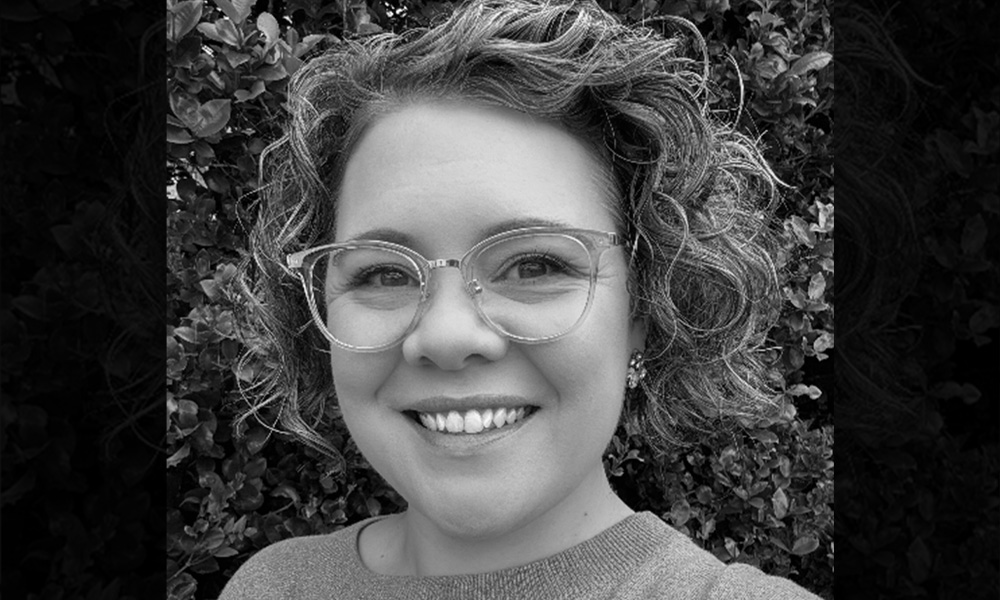
Inala Cooper
Inala Cooper is a Yawuru woman based in Narrm/Melbourne. Inala has a Bachelor of Arts and a Master of Human Rights Law and has long been an advocate for Indigenous rights and access to education. Currently she is the Director of Murrup Barak at University of Melbourne and is a regular contributor on ABC News Breakfast (and The Drum). Inala is a director on a range of not-for-profit boards including State Library Victoria, Emmanuel College Foundation, and Adam Briggs Foundation. She is the author of Marrul: Aboriginal Identity and the Fight for Rights.
What does NAIDOC mean to you?
NAIDOC Week is our time to celebrate our diverse cultures and history and show the whole country our deadly achievements and successes. Our ways of knowing, doing and being are sovereign and evolving as we build on the work of our ancestors and Elders, to a solid and flourishing future for Mob. NAIDOC Week reminds us of the solidarity between our families and communities and provides space to be unapologetically Blak! Let’s carry that feeling every day of the year.
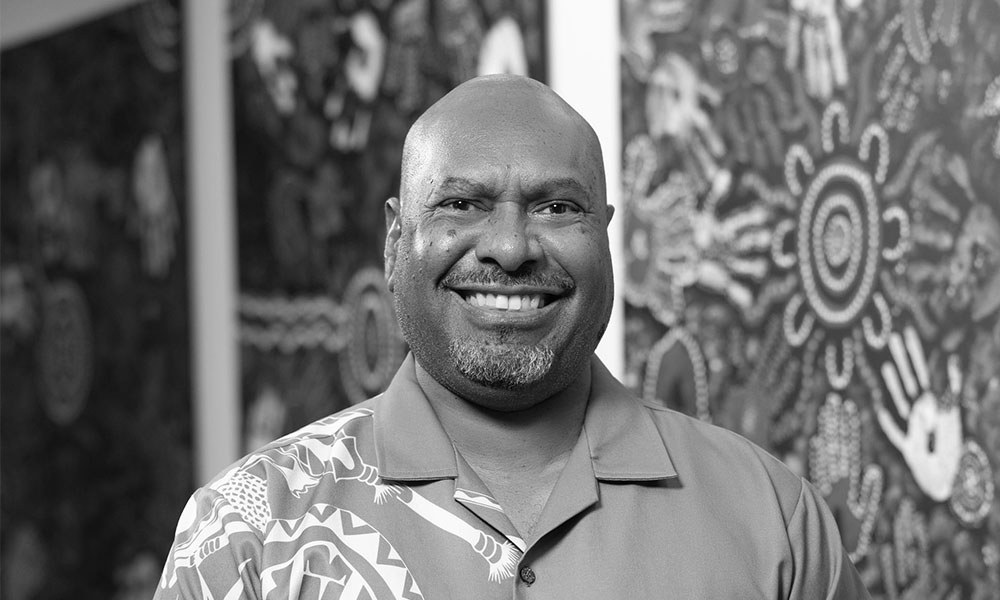
Masepah Banu
Masepah Banu (Mas) is a proud Malu Kiwai Boigu and Mua Islander from Zenadth Kes (Torres Strait Islands), with ancestral ties to Mapoon in western Cape York.
He is dedicated to advancing the rights of his people through his roles with the NSW Coalition of Aboriginal Peak Organisations, ORIC, the ACT Aboriginal and Torres Strait Islander Elected Body, and the National Congress of Australia’s First Peoples.
He works for Queensland Indigenous Business Network (QIBN), contributes to the First Nations Clean Energy Network, and cultural tutor for NAISDA. His work reflects a lifelong commitment to empowering communities and strengthening cultural identity.
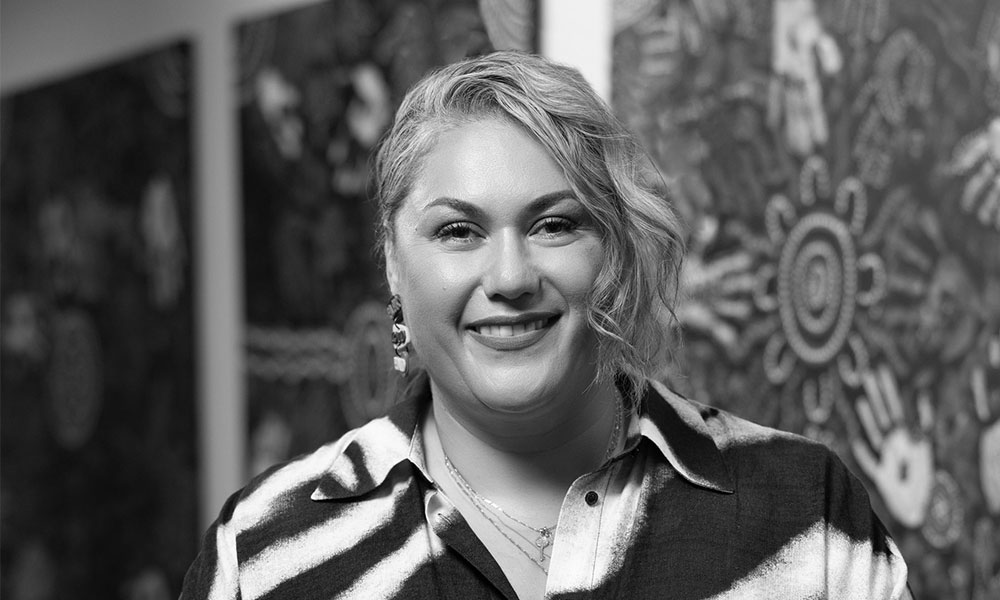
Naomi Moran
Naomi Moran is a Nyangbal and Arakwal woman from the Bundjalung nation in northern NSW, and has direct bloodlines to the Dunghutti nation on the mid-north coast of NSW.
She is the CEO of Australia’s only independent print national Indigenous newspaper the Koori Mail, established in 1991. Naomi serves as Co-Chair of First Nations Media Australia - the peak body for Aboriginal and Torres Strait Islander media - and serves as a member of the Federal Government's First Nations Digital Inclusion Advisory Group.
Naomi has over 25 years experience working in the Indigenous media sector across various platforms including print, television and radio. She is a creative writer and is passionate about supporting the Aboriginal and Torres Strait Islander arts sector, and is a board member of two peak creative arts and performing arts organisations in Northern NSW, NORPA and Arts Northern Rivers.
Naomi is deeply committed to supporting and strengthening Indigenous community-controlled sectors through the self-determination of Australia's First Nations people to govern their own affairs and lead and deliver programs, projects and community initiatives by community, for community.
Her strong background in communications, business, stakeholder relationships and governance has seen Naomi successfully lead the Koori Mail since 2016, and she continues to contribute to other essential work for our people around the nation through her strong leadership as a First Nations woman.
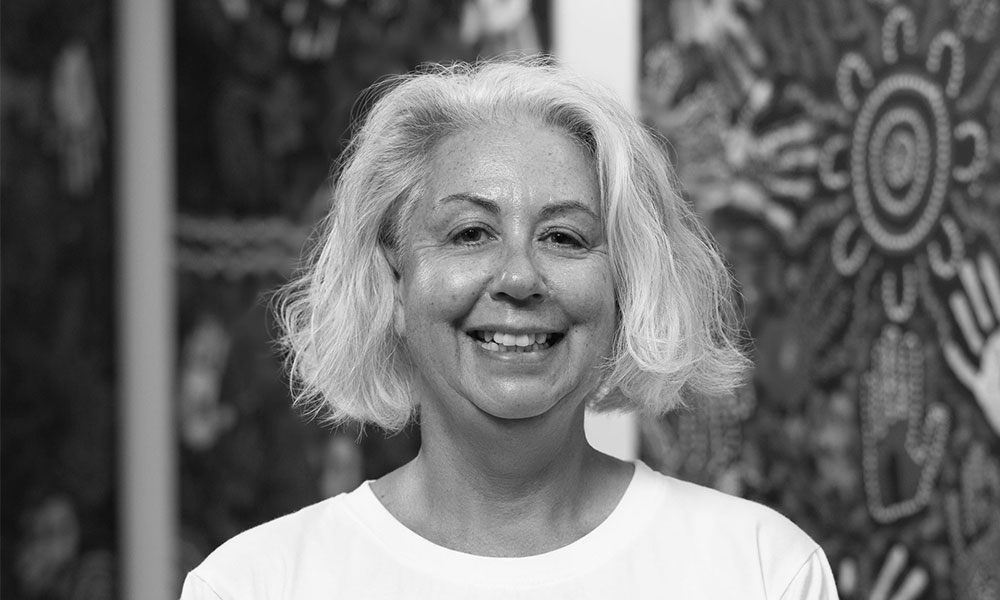
Sharon Gray
Sharon is a Kamilaroi and Scottish Woman.
During her early career, she focused on improving education, training and career opportunities for Aboriginal Australians. She later moved to Sydney in 2008, where she applied her knowledge to larger corporations, including the construction industry, to manage the delicate relationships involved in large-scale development projects. A key focus of her career has been raising the cultural capability and driving corporates to engage more in Diversity, Indigenous and Social Inclusion space to assist with reaching desired outcomes for the for the company, clients and ultimately the broader community, driving social change.
She is a strong negotiator and advocate, and facilitates, coaches, counsels, and communicates with empathy, passion, and confidence. Her experience spans the not-for-profit and corporate sectors and state and federal government. This exposure enables Sharon to lead companies to establish procedures, policies, and organizational structures as the foundations for business strategy, compliance, and social change.
Sharon is motivated by her own desire for equal advantage for all Australians, with diversity and inclusion at the core of society. As the Group Manager of Diversity, Indigenous, and Social Inclusion for CPB Contractors, she is able to put her experiences, knowledge and passion into practice.
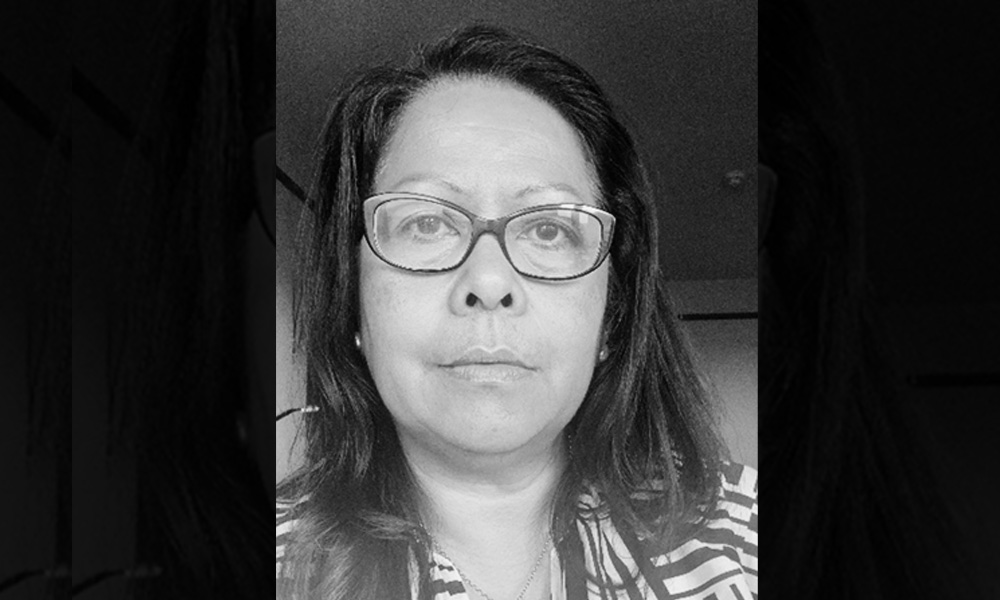
Suzanne Andrews
Suzanne Andrews is a proud Jaru, Bunuba, Bardi woman from the north Kimberley region of Western Australia, Broome is her hometown, now living on beautiful Gungganghi lands Yarrabah Nth Qld.
What does NAIDOC mean to you?
NAIDOC reminds us—and all of Australia—that we, as Aboriginal and Torres Strait Islander peoples, are the world's oldest living cultures. We continue to celebrate and uphold our traditions, languages, songs, and cultural practices. Each year, NAIDOC provides a powerful platform for us to proudly share who we are as the First Peoples of this land."
